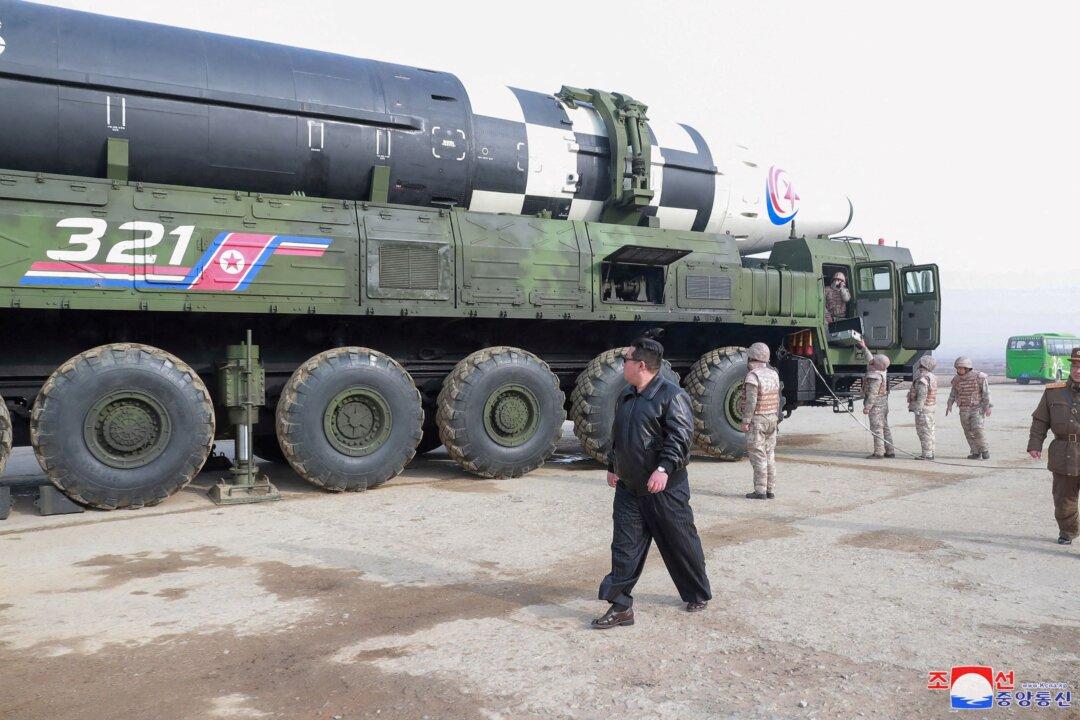Commentary
The Russia–Ukraine war has reached another milestone: North Korea’s elite troops recently clashed with Ukrainian forces for the first time.

The Russia–Ukraine war has reached another milestone: North Korea’s elite troops recently clashed with Ukrainian forces for the first time.